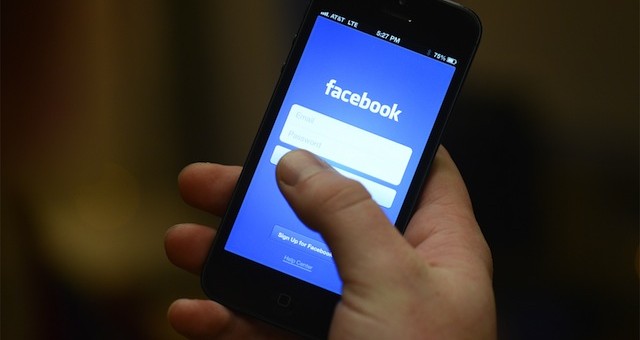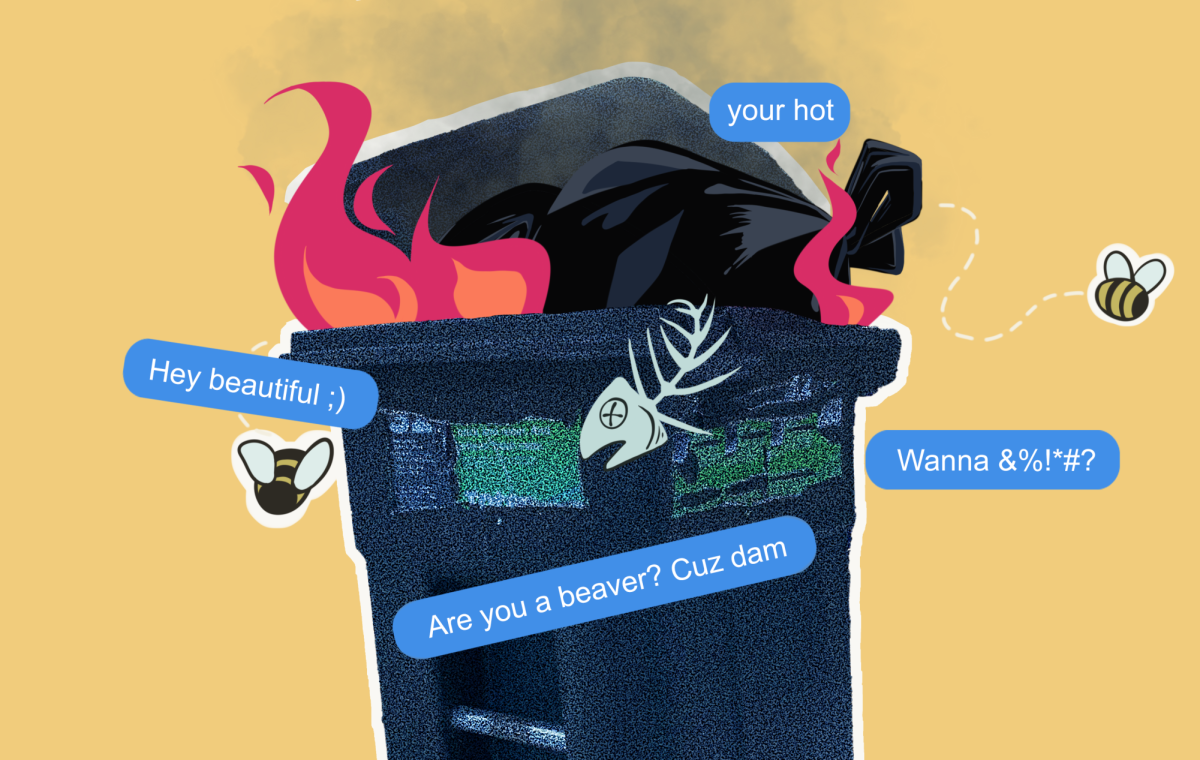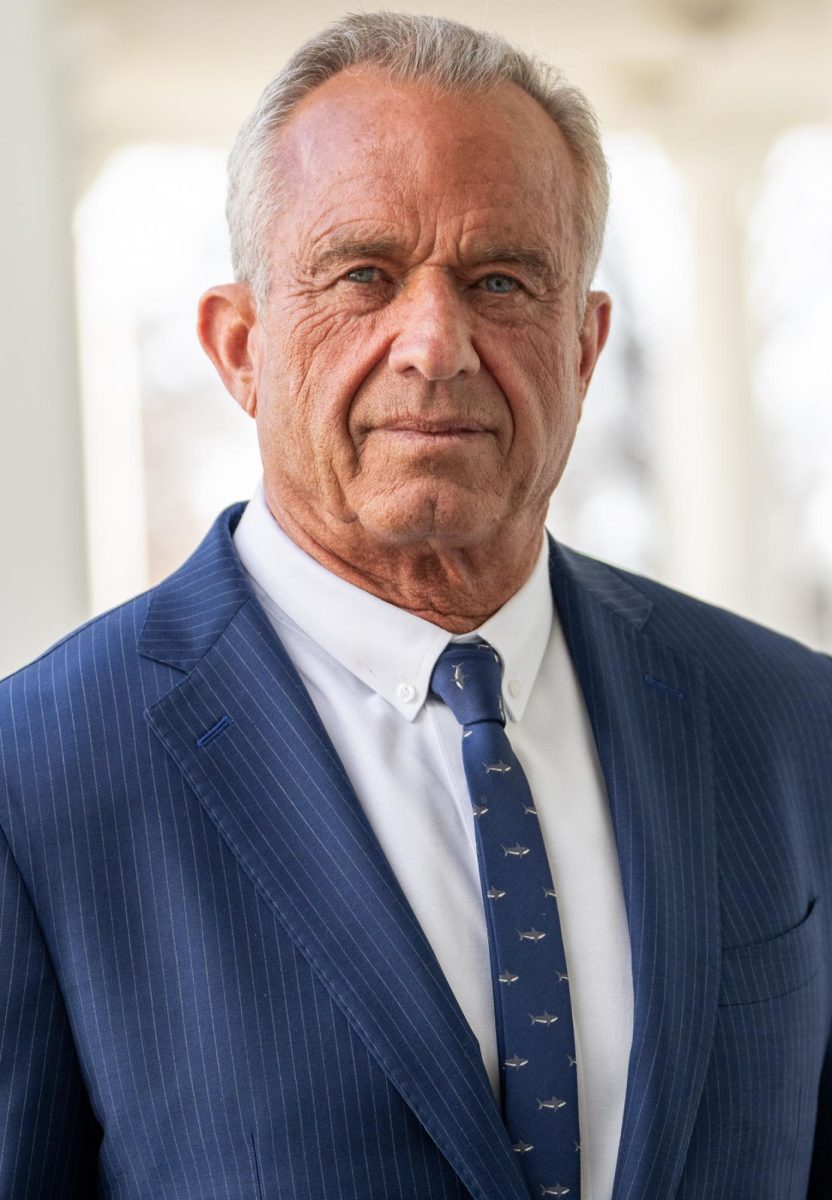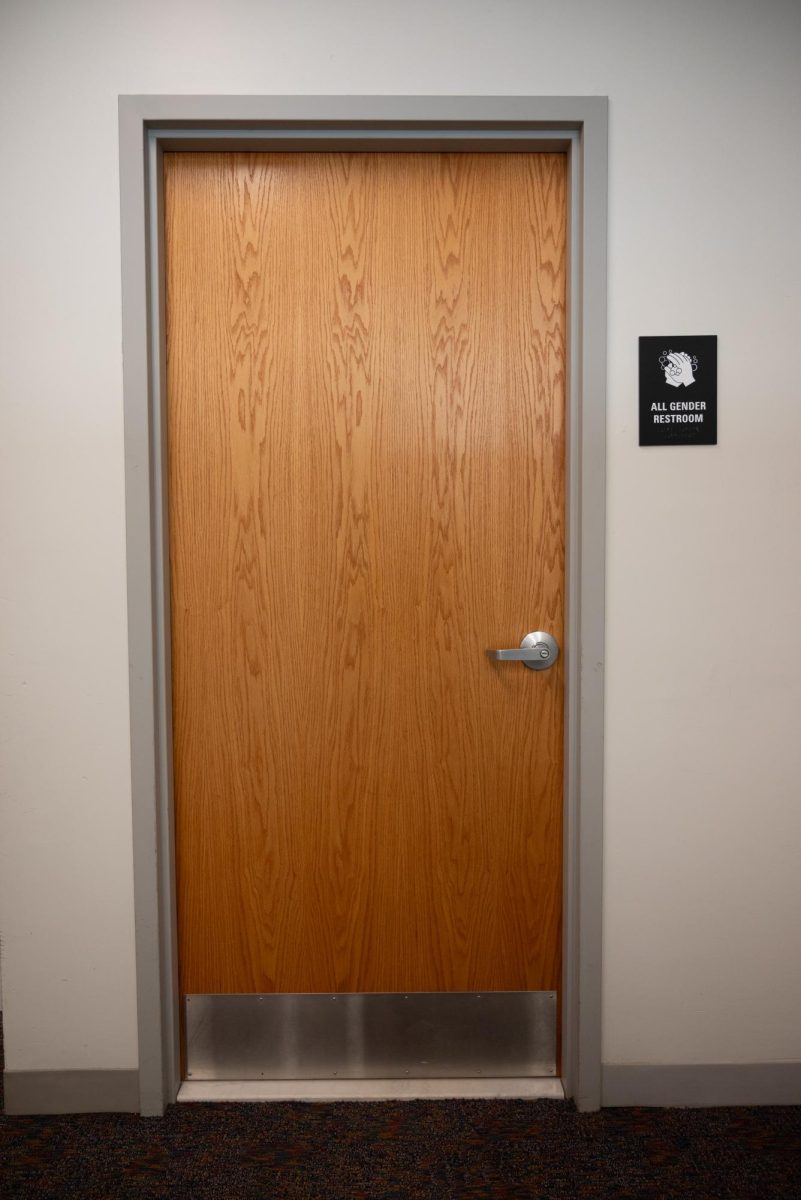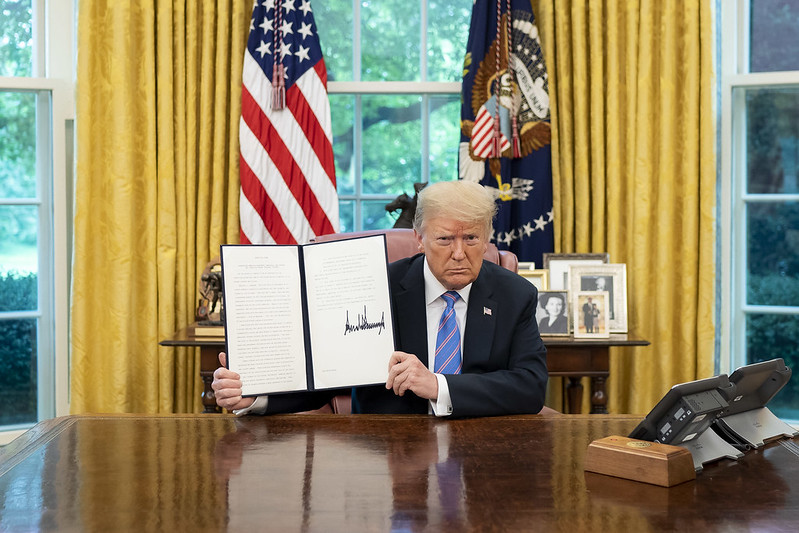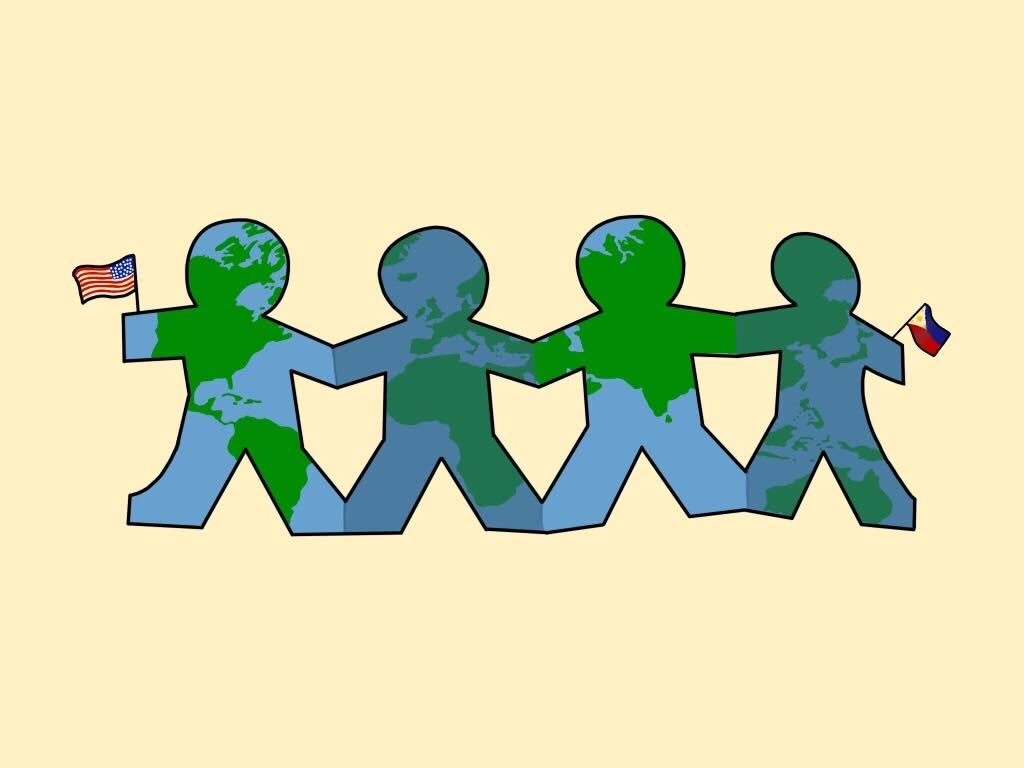The Web is an unregulated, globally distributed network with each user forging and enforcing their own rules. As a result, the Internet and all of its medias have become another mode by which anyone can exercise their First Amendment right.
Facebook is a prime example of the interconnectivity of the Web and an outlet to exercise the country’s most valued freedom. Users can post just about anything, including, as we all have seen, violent content.
Like most other sites of its kind, Facebook has its own policies by which it regulates the site’s use. Users can report anything they see on the website that they find offensive, upsetting, inappropriate or disturbing, and Facebook reserves the right to remove or leave the reported content or anything else brought to its team’s attention as seen fit.
Last week, a video of a kitten being burned alive surfaced on the site. The video shows a helpless kitten sitting in a bucket and someone pouring gasoline over the cat, then setting it on fire. Gasoline is repeatedly poured on the cat, feeding the flames. All the while, laughing can be heard in the background. The parties involved seem to be Spanish-speaking children or young adults from their voices – faces are never shown.
Despite multiple requests by users to have the video removed, Facebook has refused to do so, saying the video does not breach the sites’ “community standards,” according to MailOnline.
“While we do not allow content that directly encourages violence, we try to create a safe environment that balances people’s desire to express themselves and in some cases condemn what they see,” a spokesperson for Facebook said in a statement to MailOnline.
Facebook’s community standards regarding graphic content state, “Facebook has long been a place where people turn to share their experiences and raise awareness about issues important to them. Sometimes, those experiences and issues involve graphic content that is of public interest or concern, such as human rights abuses or acts of terrorism… However, graphic images shared for sadistic effect or to celebrate or glorify violence have no place on our site.”
It goes on to say that all graphic videos should have a warning for the audience about the nature of the content so users can, with careful consideration, decide whether to watch it.
According to MailOnline, the video of the kitten was posted with a message in Spanish, which in English was said to translate to “Sad, no one gives heart to see that pain comes to the cruelty of human,” and adds “Please only watch if strong heart.”
It is clear the intentions of whomever posted the video were to bring attention to the cruel act.
In spite of the video following Facebook’s guidelines for graphic content, there is a petition going around addressed to CEO Mark Zuckerberg to have the video removed.
This action is understandable. The video is appalling. However, as disturbing as the video may be, it is important, as Facebook points out, to understand that the intent of the video was not to promote violence, but rather to enlighten others to a terrible occurrence of animal cruelty.
There was similar occurrence this summer with photos posted by Texas teen Kendall Jones on her account of her smiling and posing next to various animals she had shot and killed on a safari trip in Zimbabwe. Facebook removed the photos, not because of the outcry by concerned users or animal rights activists, but because it violated its community standards. The photos, by Facebook’s principles, were “shared for the sadistic effect or to celebrate or glorify violence.”
Many won’t look at it this way, but Facebook is providing an invaluable service to its users. Along with the site’s countless other services, Facebook functions as a global news source, allowing people all over the globe to share stories from their individual parts of the world, and, in some cases, create the news.
The question we must ask ourselves is: Would we have preferred not to have known that such an atrocity had taken place? The expression “if you didn’t hear it and you didn’t see it, it didn’t happen” is one we live by too often. Terrible things are happening every day, and there is no way to be informed of all of them. We should all appreciate when any are brought to our attention for the sake of being informed on the world we live and end aid if we can.
Photo courtesy Creative Commons.



